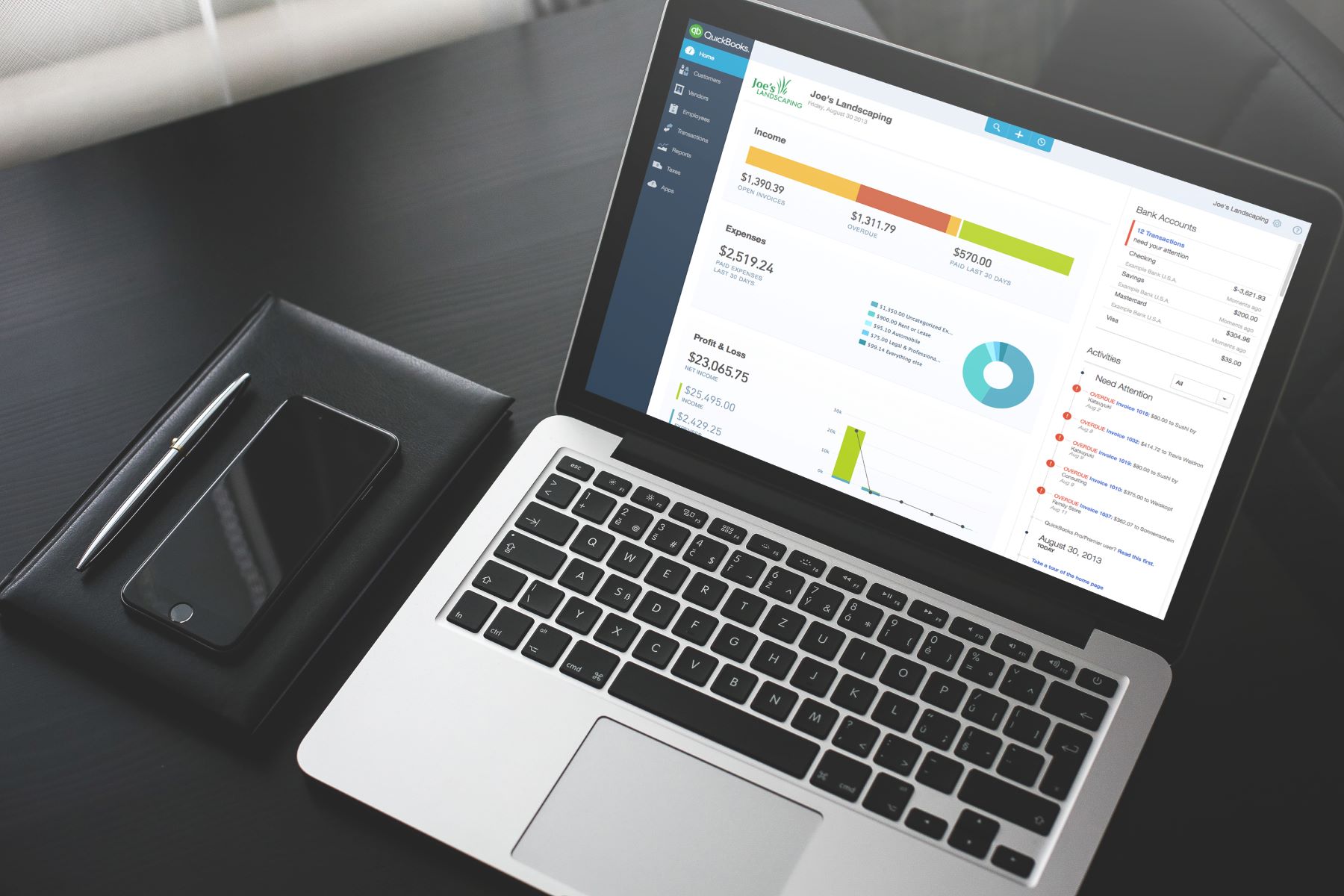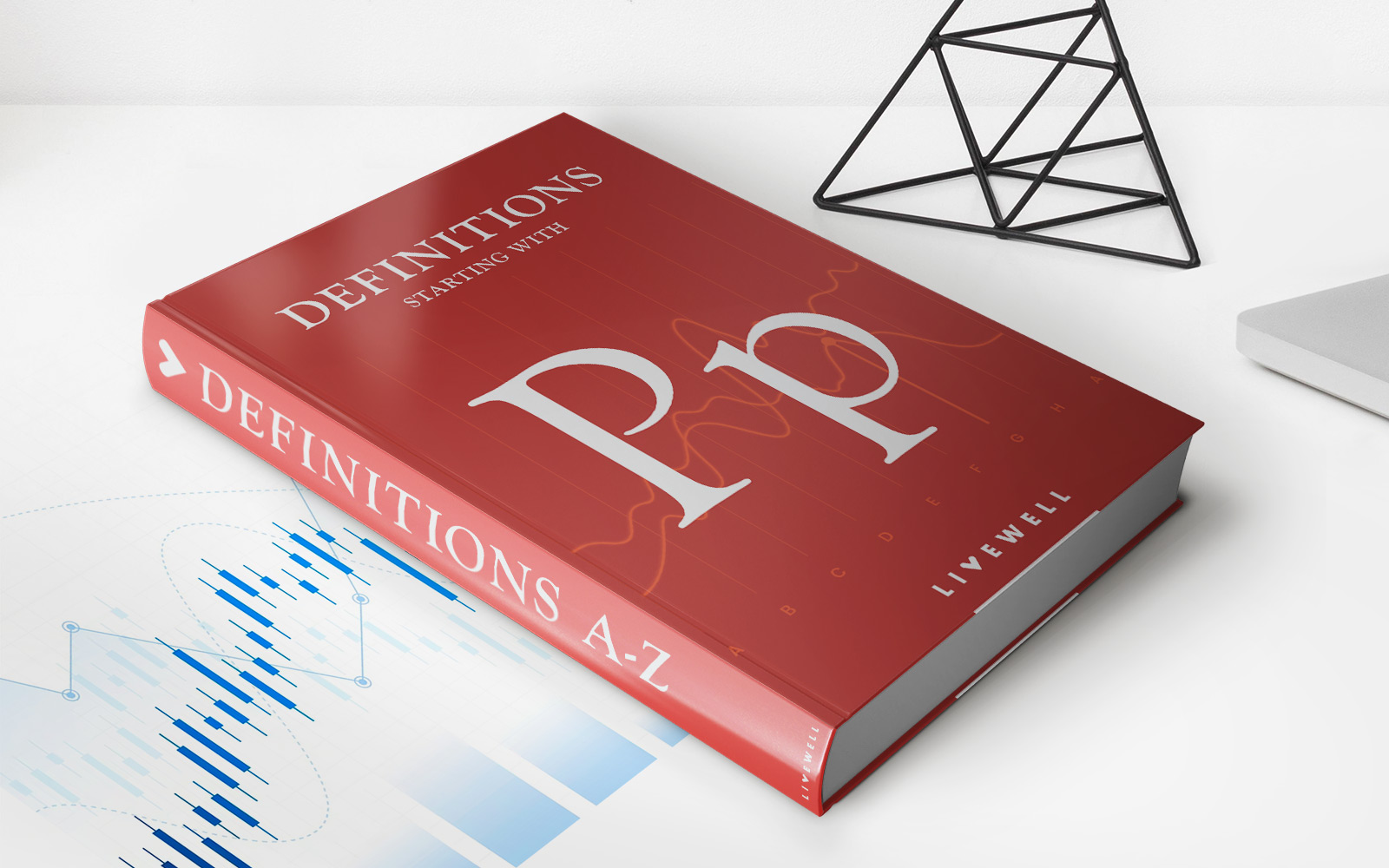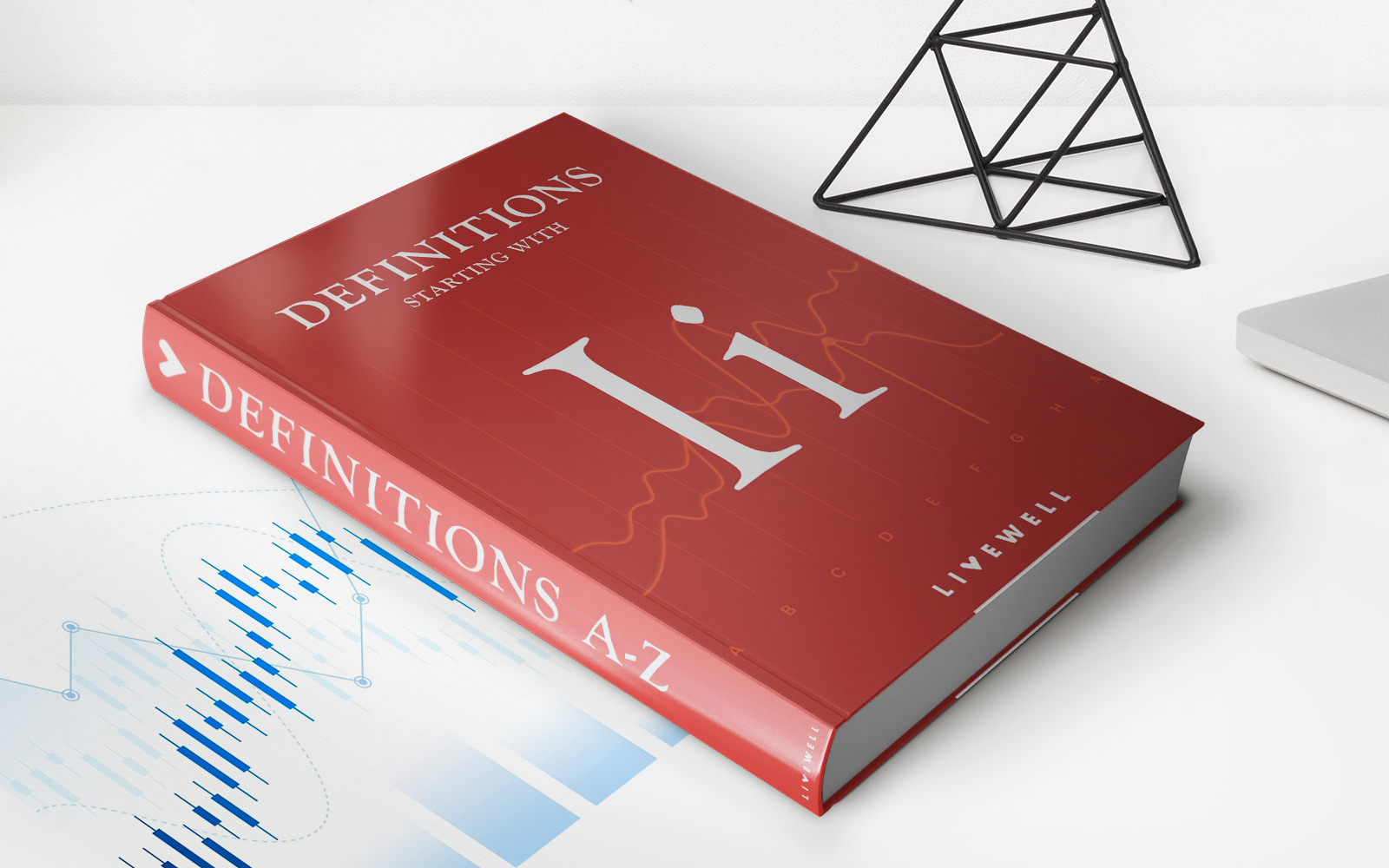Home>Finance>What Happens If You Don’t Pay Your Car Insurance?


Finance
What Happens If You Don’t Pay Your Car Insurance?
Published: November 16, 2023
Discover the consequences of not paying your car insurance and how it can impact your finances. Stay informed to avoid potential penalties and legal issues.
(Many of the links in this article redirect to a specific reviewed product. Your purchase of these products through affiliate links helps to generate commission for LiveWell, at no extra cost. Learn more)
Table of Contents
Introduction
Car insurance is a legal requirement for drivers in most countries, protecting them against financial loss in the event of an accident or damage to their vehicle. However, there may be instances where individuals find themselves unable to pay their car insurance premium on time. Whether it’s due to financial hardship, forgetfulness, or simply overlooking the payment, failing to pay your car insurance can have significant consequences.
In this article, we will explore what happens if you don’t pay your car insurance and the potential ramifications that may follow. It’s important to note that the specific consequences may vary depending on your insurance provider, local laws, and individual circumstances. However, understanding the general implications can help you make informed decisions and take appropriate actions regarding your car insurance obligations.
Being aware of the potential consequences can also serve as a reminder to prioritize timely payment of your car insurance premium, ensuring that you maintain the necessary coverage and peace of mind on the road.
Consequences of Non-Payment
When you fail to pay your car insurance premium on time, several consequences may arise. It’s crucial to be aware of these repercussions to understand the potential risks involved. Here are some common consequences of non-payment:
- Loss of coverage: The most immediate consequence of non-payment is the termination of your insurance coverage. Without insurance, you are no longer protected against potential accidents or damages, leaving you personally liable for any costs incurred.
- Suspension of vehicle registration: In many jurisdictions, non-payment of car insurance can lead to the suspension of your vehicle’s registration. This means you won’t be able to legally drive your car until you reinstate your coverage and resolve any outstanding payments.
- Legal consequences: Driving without insurance or with a suspended registration is illegal in most places. If caught, you may face fines, penalties, and even legal action. Additionally, being involved in an accident without insurance can result in severe financial liabilities and legal repercussions.
- Late fees and penalties: Insurance providers often impose late fees and penalties for missed payments. These additional charges can accumulate over time, further straining your finances and making it more difficult to catch up on your payments.
- Damage to your credit score: Non-payment of car insurance can negatively impact your credit score. Insurance companies may report the missed payments to credit bureaus, potentially leading to lower credit scores and making it more difficult to secure future loans or insurance coverage.
- Difficulty getting insurance in the future: Failing to pay your car insurance can also make it challenging to obtain coverage from other insurance providers in the future. Insurers may view non-payment as a sign of increased risk and may either deny coverage or offer it at significantly higher premiums.
It’s important to remember that these consequences can have long-lasting effects on your financial stability and driving privileges. Therefore, it’s crucial to prioritize the payment of your car insurance premium to avoid these potential ramifications.
Termination of Coverage
One of the immediate consequences of not paying your car insurance premium is the termination of your coverage. Insurance providers have policies in place that outline the timeframe for making payments, and failure to meet these obligations can lead to the cancellation of your policy.
When your coverage is terminated, you no longer have insurance protection for your vehicle. This means that if you’re involved in an accident or your car is damaged, you’ll be responsible for covering all the costs associated with repairs or medical expenses.
It’s worth noting that insurance providers may have a grace period for late payments, usually ranging from a few days to a couple of weeks. During this grace period, your coverage may still be in effect, but it’s important to check with your specific insurance company to understand the terms and conditions.
If your coverage is terminated, it’s crucial to take immediate action to rectify the situation. Contact your insurance provider as soon as possible to discuss your options. In some cases, they may be willing to reinstate your policy if you pay any outstanding premiums and late fees. However, this is contingent on each individual insurance provider’s policies and may not always be possible.
Keep in mind that if you choose to let your policy lapse and seek new insurance coverage later, potential insurers may view a terminated policy as a red flag. It can be more challenging to find affordable coverage or you may be deemed high-risk, resulting in increased premiums.
To avoid termination of coverage, it’s important to keep up with your car insurance payments and ensure that you budget accordingly. Consider setting up automatic payments or reminders to help you stay on top of your premium payments and maintain continuous coverage.
Suspension of Vehicle Registration
In many jurisdictions, non-payment of car insurance can result in the suspension of your vehicle’s registration. Vehicle registration is a legal requirement that establishes your ownership and right to operate a vehicle on public roads. When your registration is suspended, it means you are no longer permitted to drive your car until you rectify the situation.
The suspension of your vehicle registration can have several implications:
- Legal consequences: Driving with a suspended registration is a violation of the law, and if caught, you may face fines, penalties, and even potential legal action. This can lead to further financial strain and legal complications, not to mention the negative impact on your driving record.
- No legal protection: Without a valid registration, your vehicle is considered unauthorized for road use. This means that if you’re involved in an accident, even if it’s not your fault, you may not have insurance coverage to protect you and cover the damages. This can leave you personally liable for all expenses, including medical bills, vehicle repairs, and legal fees.
- Confiscation of license plates: In some cases, when your vehicle registration is suspended, you may be required to surrender your license plates to the local authorities. This further restrains your ability to drive legally until you resolve the insurance payment issue and reinstate your registration.
It’s essential to address the suspension of your vehicle registration promptly. Contact your local Department of Motor Vehicles (DMV) or relevant agency to understand the specific steps and requirements for reinstating your registration. This usually involves providing proof of insurance, paying any outstanding premiums, late fees, and penalties, and ensuring compliance with any additional requirements set by the authorities.
It’s worth noting that the process of regaining your vehicle’s registration can vary depending on your jurisdiction. Some areas may require you to obtain a new insurance policy and provide proof of coverage before reinstatement, while others may have more lenient procedures. It’s essential to consult the relevant authorities and follow their instructions to resolve the issue effectively.
Ultimately, it’s crucial to avoid the suspension of your vehicle registration by prioritizing the payment of your car insurance premiums. Maintaining active insurance coverage not only protects you legally but also provides you with the peace of mind and financial security needed while driving on the roads.
Legal Consequences
Failing to pay your car insurance can have serious legal consequences. Driving without insurance or with a suspended registration is illegal in most jurisdictions, and if caught, you may face various penalties and legal action.
Here are some potential legal consequences of not paying your car insurance:
- Fines and penalties: Non-payment of car insurance can result in fines imposed by the authorities. The amount may vary depending on your jurisdiction, but it can be substantial. Additionally, you may be required to pay penalties, which could further increase your financial burden.
- License suspension: In some cases, non-payment of car insurance can lead to the suspension or revocation of your driver’s license. This means you’ll be prohibited from legally operating a motor vehicle until you address the situation and fulfill the necessary requirements to reinstate your license.
- SR-22 requirement: If you’re caught driving without insurance or with a suspended registration, you may be required to obtain an SR-22 certificate. An SR-22 is a document that proves you have the minimum required insurance coverage. It acts as proof of financial responsibility and is often mandatory before your driving privileges can be reinstated. Getting an SR-22 can involve additional fees and may lead to higher insurance premiums.
- Legal liability: Driving without insurance means you are personally liable for any accident-related costs or damages you cause. You may be sued for medical expenses, property damage, and other losses sustained by the other party involved in the accident. This can result in significant financial burdens and potential legal action against you.
- Criminal charges: In some cases, repeated offenses or severe violations related to non-payment of car insurance can result in criminal charges. This can have long-lasting consequences, including a criminal record, significant fines, and even imprisonment, depending on the laws of your jurisdiction.
It’s important to note that the specific legal consequences of non-payment can vary depending on your location and the circumstances surrounding the case. Therefore, it’s crucial to consult with a legal professional or local authority to understand the specific laws and potential ramifications in your area.
To avoid legal consequences, it’s essential to prioritize the payment of your car insurance premiums and ensure that you comply with all applicable laws and regulations. Maintaining active and valid insurance coverage not only protects you financially but also keeps you in good standing with the law.
Late Fees and Penalties
When you don’t pay your car insurance premium on time, insurance providers often impose late fees and penalties as a consequence. These additional charges can compound over time, further straining your financial situation and making it more challenging to catch up on your payments.
Here are some common late fees and penalties you may encounter:
- Late payment fees: Insurance companies typically charge a specific amount for late payments. This fee can vary depending on the insurance provider and the terms outlined in your policy. Late payment fees can add up quickly, especially if you consistently miss payment deadlines.
- Interest charges: In addition to late payment fees, insurance companies may impose interest charges on unpaid premiums. These charges are usually calculated as a percentage of the outstanding amount and accrue over time. As a result, the longer you delay payment, the more interest charges you will accumulate, further increasing the overall cost of your car insurance.
- Penalties for policy lapse: If you fail to make your car insurance payment within a certain grace period, your policy may lapse. Consequently, reinstating your coverage can come with additional penalties and fees. Insurance providers may require you to pay an extra amount above the unpaid premiums to reinstate the policy, making it even more challenging to catch up on your payments.
- Reinstatement fees: If your policy has lapsed or been canceled due to non-payment, reinstating the coverage will typically involve paying reinstatement fees. These fees are imposed to cover administrative costs and process the reinstatement of your policy. The amount can vary depending on the insurance provider.
It’s important to note that late fees and penalties are not only an additional financial burden but can also have an impact on your overall credit and financial health. Failing to pay these charges can lead to negative marks on your credit report, potentially affecting your credit score and making it more difficult to secure favorable loan terms or insurance premiums in the future.
To avoid late fees and penalties, it’s crucial to prioritize timely payment of your car insurance premium. Set up reminders, automate payments, or consider budgeting strategies that ensure you have sufficient funds available for your insurance obligations. By staying proactive and organized, you can avoid unnecessary financial strain and maintain a good standing with your insurance provider.
Damage to Credit Score
Failing to pay your car insurance premium on time can have a negative impact on your credit score. Your credit score is a numerical representation of your creditworthiness and is used by lenders and insurers to assess your financial reliability.
When you miss payments or have a lapse in your car insurance coverage due to non-payment, your insurance provider may report this information to credit bureaus. The reporting of missed payments can result in negative marks on your credit report, which can lower your credit score.
Here’s how non-payment of car insurance can damage your credit score:
- Decreased credit score: Missed insurance payments and the resulting negative reporting by your insurance provider can cause your credit score to drop. Payment history is a significant factor in determining your credit score, and late or missed payments can indicate financial irresponsibility to lenders and insurers.
- Reduced access to credit: A low credit score resulting from non-payment of car insurance can make it more challenging to obtain credit in the future. Lenders may view you as a higher risk borrower and may be less willing to approve your loan applications. If you are approved, you may face higher interest rates or less favorable terms due to your compromised credit history.
- Difficulty securing insurance: Insurance providers consider your credit score when determining your insurance premiums. A low credit score may result in higher insurance rates or even denial of coverage from certain providers. This can limit your options and make it more difficult to find affordable car insurance in the future.
It’s essential to recognize that the damage to your credit score from non-payment of car insurance can have long-lasting effects. Negative marks on your credit report can remain for several years, impacting your financial opportunities and options for obtaining credit.
To mitigate potential damage to your credit score, make every effort to prioritize timely payment of your car insurance premium. Set up reminders or automatic payments to ensure you don’t miss any due dates. If you are facing financial difficulties, consider contacting your insurance provider to discuss alternative payment arrangements to avoid defaulting on your policy.
Monitoring your credit report regularly is also crucial. By staying aware of any negative marks related to non-payment of car insurance, you can take steps to rectify the situation and rebuild your credit over time.
Difficulty Getting Insurance in the Future
Non-payment of car insurance can make it difficult to obtain insurance coverage in the future. Insurance providers consider various factors when determining whether to offer coverage to an individual, and a history of non-payment can be a red flag that indicates increased risk.
Here are some ways that non-payment of car insurance can lead to difficulties in securing insurance in the future:
- Higher premiums: If you have a history of non-payment or lapses in insurance coverage, insurance providers may deem you as a higher risk. As a result, you may be quoted higher premiums to compensate for the perceived increased likelihood of claims. This can make it more challenging to find affordable insurance coverage.
- Limited coverage options: Some insurance providers may choose not to offer coverage to individuals with a history of non-payment. They may see it as an indication of financial instability or irresponsibility. This can significantly limit your options when it comes to choosing an insurance provider.
- Required down payments: Insurance companies may require individuals with a history of non-payment to make significant down payments upfront before offering coverage. This is done as a safeguard to ensure that the premium payments are received. These upfront payments can pose a financial burden for individuals who may already be struggling with their finances.
- Potential denial of coverage: In some cases, insurance providers may deny coverage altogether to individuals with a history of non-payment. This can leave you without any insurance options and expose you to significant financial risk in the event of an accident or damage to your vehicle.
It’s important to note that insurance providers assess risk based on various factors, not just payment history. They consider factors such as driving records, age, location, and vehicle type. However, non-payment of car insurance can raise red flags that may affect the insurance provider’s decision-making process.
To avoid difficulties in getting insurance in the future, it’s crucial to prioritize timely payment of your car insurance premium. Maintain a good payment history and take steps to rectify any past non-payment issues. Compare insurance options to find providers that may have more flexible payment arrangements if you’re experiencing financial hardships.
Remember that consistency and responsible financial behavior can help rebuild trust with insurance providers and increase your chances of obtaining affordable coverage in the future.
Alternatives to Non-Payment
If you’re facing financial difficulties and are unable to make your car insurance payment, there may be alternatives to non-payment that can help you navigate this challenging situation. Here are some options to consider:
- Contact your insurance provider: The first step is to reach out to your insurance provider and communicate your situation. Explain your financial hardship and inquire about any flexible payment options they may offer. Some insurance companies may be willing to work with you to establish a payment plan or temporarily adjust your premium to accommodate your current circumstances.
- Update your policy: If you’re struggling to pay your full premium amount, consider adjusting your policy to find cost-saving measures. You can explore options such as increasing deductibles, reducing coverage limits, or removing unnecessary coverage components. These changes can help lower your premium and make it more affordable in the short term.
- Shop for more affordable coverage: Take the time to compare insurance quotes from different providers. The cost of car insurance can vary significantly, and you might find a more affordable option that fits your budget. However, ensure that you maintain continuous coverage during the transition from one policy to another to avoid any gaps in insurance protection.
- Look for financial assistance programs: Some regions offer financial assistance programs for individuals experiencing hardships. These programs may provide temporary relief or subsidies to help cover the cost of car insurance premiums. Check with local government agencies or non-profit organizations to explore any available options in your area.
- Consider alternative insurance providers: Non-standard or high-risk insurance providers specialize in offering coverage to individuals who may have a history of non-payment or other challenging circumstances. While these policies may come with higher premiums, they can provide the necessary coverage when traditional insurance providers may not be an option.
It’s important to keep in mind that while these alternatives can provide short-term solutions, it’s essential to address the underlying financial issues that led to the inability to pay your car insurance premium. Assess your budget, review your expenses, and explore avenues to improve your financial situation to ensure that you can meet your insurance obligations in the long run.
By actively seeking solutions and working closely with your insurance provider, you can find alternatives to non-payment that help you maintain the necessary car insurance coverage and protect yourself financially.
Conclusion
Understanding the consequences of not paying your car insurance is essential for every driver. Failing to fulfill your obligations can have significant implications, ranging from the termination of coverage and the suspension of your vehicle’s registration to legal consequences, late fees, and damage to your credit score.
Non-payment of car insurance can result in the loss of financial protection and legal liabilities if you’re involved in an accident or damages occur to your vehicle. Additionally, it can lead to fines, license suspension, and the requirement for an SR-22 certificate, further complicating your driving privileges.
Late fees and penalties can accumulate over time, adding financial strain and potentially impacting your creditworthiness. Moreover, a history of non-payment can make it challenging to secure future insurance coverage at affordable rates.
However, there are alternatives to non-payment that can help you navigate challenging financial situations. Contacting your insurance provider, exploring flexible payment plans, adjusting your policy, or seeking more affordable coverage are potential options worth considering.
To avoid the consequences of non-payment, it’s crucial to prioritize timely payment of your car insurance premium. Budgeting, setting up reminders, and exploring ways to improve your financial management can help ensure that you meet your ongoing insurance obligations.
In conclusion, maintaining active and continuous car insurance coverage is not only a legal requirement but also a vital means of protecting yourself financially. Being aware of the potential consequences of non-payment can serve as a reminder to stay proactive in managing your car insurance responsibilities and safeguarding your financial well-being on the road.














